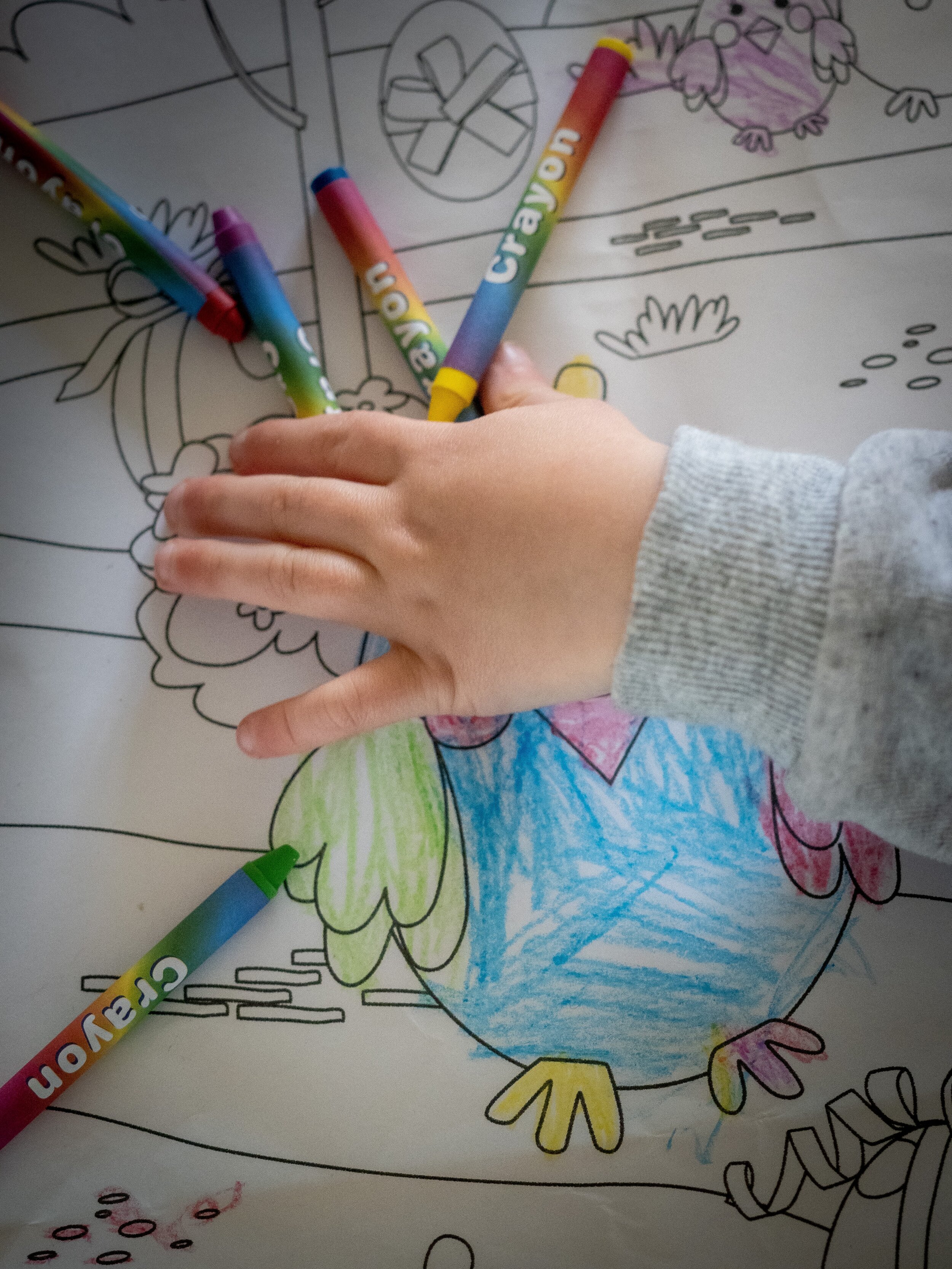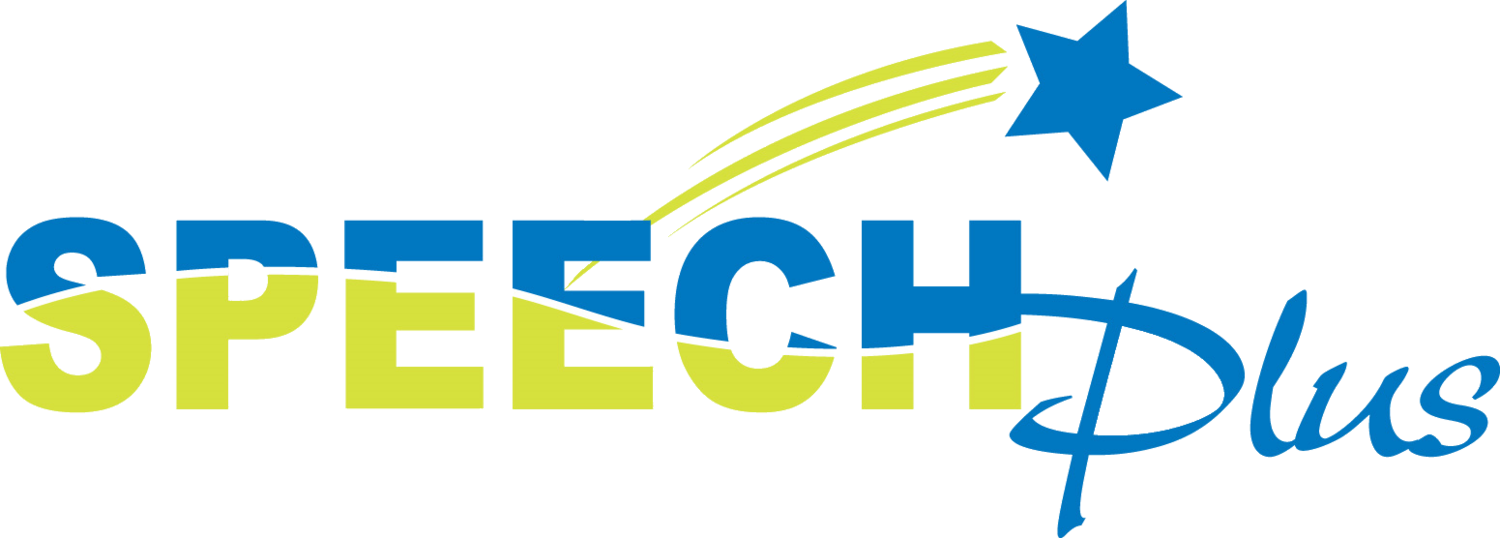
Occupational Therapy
Occupational therapy (OT) is the use of assessment and treatment to develop, recover, or maintain the daily living and work skills of people with a physical, mental, or cognitive disorder. A child's life is made up of "occupations," or daily activities. These occupations include playing, learning, and socializing. Occupational therapists work with children and their families to help them succeed in these activities throughout the day. They also help with basic challenges faced by most families, such as eating, dressing and writing.
Gross vs. Fine Motor Skills
Fine motor skills are necessary for every task that a child completes (i.e. play, buttoning clothes, coloring, and handwriting). Motor skills like pincer grasp and hand strength are essential for a child’s development and ability to use their hands in small motor movements. Gross motor skills are the abilities to use the big muscles of the body for standing, walking, jumping, running and more. Gross motor skills are affected by muscle tone, strength, and coordination.
Sensory Processing Disorder
Sensory Processing Disorder (SPD) is a neurological disorder that causes difficulties with processing information from the five senses: vision, auditory, touch, olfaction, and taste, as well as from the sense of movement (vestibular system), and/or the positional sense (proprioception). An OT can identifies how a child is processing and responding to sensory information and develops strategies and techniques to address their difficulty.
Visual Motor Skills (Visual Integration)
Visual Motor Skills enable children to process information around them. It is the ability to observe, recognize, and use visual information about forms, shapes, figures, and objects. Visual motor skills are essential to coordinated and efficient use of the hands and eyes (i.e. handwriting, and catching a baseball).
